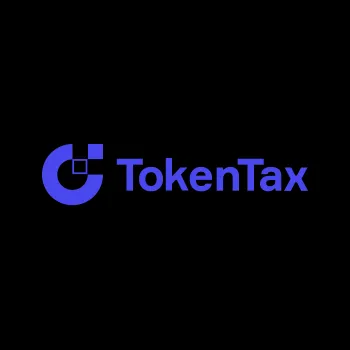Brussels Considers Policy Proposals for Tokenization To Unite EU Capital Markets
Key Takeaways
- The European Commission (EC) is preparing to present new policy proposals centered on tokenization.
- Policymakers view tokenization as a way to develop the EU’s Savings and Investment Union (SIU).
- The SIU is an ongoing project to consolidate capital markets across the EU’s 27 member states.
As part of the Savings and Investment Union (SIU) initiative, the European Commission (EC) is reportedly preparing to present new policy proposals centered on tokenization.
According to EC advisor Peter Kerstens, European policymakers view tokenization as an important driver of capital markets reform.
Top Crypto Tax Accounting Software
Sponsored
Disclosure
We sometimes use affiliate links in our content, when clicking on those we might receive a commission at no extra cost to you. By using this website you agree to our terms and conditions and privacy policy.
What is the EU’s Savings and Investment Union?
The SIU is an ongoing project intended to consolidate EU savings and investment systems, which remain fragmented across the bloc’s 27 member states.
The policy succeeds the Capital Markets Union (CMU), which created a single rule book for securitization, prospectuses, and investment funds, and moved some market oversight functions from national regulators to EU-wide bodies.
Despite the successes of the CMU and the eurozone currency union, divergences in tax law, bankruptcy regimes, and enforcement standards continue to hamper cross-border investing.
To ease this friction, the SIU is exploring both regulatory and technological solutions that may be applied to streamline and harmonize capital markets across the EU.
The Tokenization Opportunity
Commenting on the SIU, Kerstens said the Commission wants “to exploit or make use of distributed ledger technology as far as we can.”
Post-MiCA, he said the EU’s policy focus is moving beyond crypto assets to “something much bigger, much more important, which is the tokenization of financial instruments.”
While it won’t necessarily resolve the political obstacles to a borderless capital markets union, tokenization can overcome some of the technical challenges.
The technology could improve securities settlement, which is currently bogged down by a patchwork of national infrastructures and dozens of central securities depositories.
It could also pave the way for more integrated retail marketplaces that present a menu of EU investment opportunities via a user-friendly interface, with smart contracts automatically enforcing compliance with national requirements.
The EU Pulls Ahead
Compared to other jurisdictions, the EU already has a headstart on tokenization.
In 2019, Société Générale and Santander were among the first global banks to issue bonds on Ethereum. They were followed by the European Investment Bank (EIB), which has issued tokenized bonds worth hundreds of million since 2021, pioneering public sector adoption of the technology.
Meanwhile, European fintech companies have pioneered novel tokenized equity solutions like the Crédit Agricole-backed stock exchange for small businesses, Lise.
For both debt and equity instruments, the European Securities and Markets Authority’s DLT Pilot has created fertile ground for experimentation, providing a framework for issuers and secondary market providers to explore tokenization.
According to Kerstens, the EC plans to use the DLT Pilot as a starting point for future regulation, upgrading the regime to “make it more useful.”
“We want to make use of what we call the latest generation of technologies because we think that blockchain is a strong integrating power to overcome national barriers,” he emphasized.
Recommended Secure Partners
Was this Article helpful?
…
Read More: Brussels Considers Policy Proposals for Tokenization To Unite EU Capital Markets



